Romania's business environment and the country's economy are not affected by what is happening on the political stage, Minister for Business Environment, Trade and Entrepreneurship Stefan-Radu Oprea told AGERPRES in an interview.
In his opinion, companies have stability and predictability in Romania, the evidence being the rise in foreign investments by 24 percent in the first four months of the year.
To be an entrepreneur means taking chances, the Minister added. He believes that business people have confidence in the Romanian state, though he did admit that many things need to be improved.
Oprea also said in the interview that all the winners of the Start-Up Nation 2017 programme are expected to come and collect their money and to get down to work. For this year's edition, which will commence depending on how the payments for the previous year's edition go, Oprea expects twice the number of registrations.
AGERPRES: How does the business environment look like, in your vision?
Stefan-Radu Oprea: The Romanian business environment is alive, it is developing and needs to be supported through public policies and dedicated, specialized programmes. We have today a programme that refers to the debut part, the part of entrepreneurial spirit, I am talking about Start-Up Nation, through which we are trying to improve the percentages concerning those who wish to take their destinies in their own hands and want to become entrepreneurs. To be an entrepreneur means to take chances. Thus, through Start-Up Nation, 200,000 lei non-reimbursable funds for 10,000 projects every year - Romania's Government wishes to succeed in awakening this entrepreneurial spirit.
But what happens afterwards with the companies? What happens with the business environment? Because they still need financing, they need a predictable and stable framework, so that they can evolve from a micro-enterprise into a small enterprise, and then to a medium-sized enterprise, and, why not, internationalization and branching out to foreign markets.
And then we have the programmes that refer to everything that the promotion of trading capacities means, we have 250,000 lei non-reimbursable funds, with 10 percent co-financing, there are the programmes that refer to microindustrialization, 450,000 lei, non-refundable grants, with 10 percent co-financing from the entrepreneur and there are also some programmes that focus a lot on supporting exhibitions and fairs, under the country's flag, we are talking about the country brand. The export council and employers' associations decide together in which fairs Romania participates and the Ministry finances these exhibitions. We want to grow in quality, because the number has already doubled, and the budget has doubled as well.
We also have the internationalization programme, for companies that are taking part on their own in fairs and international exhibitions under the companies' brands. This programme will be greatly simplified in the first or second Government sitting. The settlement will be made after the certification of the director or head of the fair or exhibition in which they participate or of the economic counselor in the respective area.
We want that in all our actions that target the business environment, payments be made on time. Because when we ask for fairness, we want them to pay their taxes - 90 percent of them are those who willingly conform - and the Romanian state must be the same credible, serious partner and payments be made at the same pace.
I want to send out a solid and consistent message towards the business environment, namely that we are not afraid of the job's responsibilities. You know that those from the business environment kept saying that we always invent, those working in the state system, an additional paper that will cover us from potential problems. These things do not happen in the Ministry for Business Environment. The second message is for those from the institution, in the idea that if we do our jobs responsibly, we have nothing to fear.
AGERPRES: You brought to mind the Start-Up Nation programme. What is the stage of the edition launched last year and why were payments delayed so much?
Stefan-Radu Oprea: I must disagree with you. Payments were not delayed. We are on schedule. The last day of the payment request is September 29, this year, and the last date for payment is the end of December. Today there are over 2,000 applicants who were paid, out of the 8,444 with whom contracts were signed.
Last month we made an experiment, in the idea that we are trying to change the mindset and the paradigm between state and entrepreneurs. Our colleagues from the Ministry and the regional agencies have called everyone who had not yet made their payment requests, to advise them and to explain the fact that the money is waiting for them in the bank accounts and the accounts of the regional agencies.
The only thing that the entrepreneurs must do is just go to the bank or the regional agency, to submit their payment request in order to receive financing, to have the business that they wanted. Today there are no more queues. From my point of view, the Start-Up Nation programme is working really well.
I expect that this year we will have a much larger participation. Last year there were 20,000 requests, and I believe that, following the entrepreneurs gaining trust, we will have maybe 30,000 to 40,000 submitted projects. The envisaged targets were also reached: 21,000 jobs will be created, of which 16,000 on the target group, namely people who are finishing school or people with disabilities.
AGERPRES: What did the 6,000 people who were called have to say? Why have they not showed up to collect their money?
Stefan-Radu Oprea: Firstly, they were surprised. They didn't expect a state representative to call and counsel them, to guide them and to call them in order to make the payments quicker. The second thing is that they projected their supply, equipment, on a certain term given by the suppliers and that they will get in contact with them and they will try to explain to them that their financing is ready and things can start happening sooner.
AGERPRES: So, they did not expect to receive their money so quickly?
Stefan Radu Oprea: It was a surprise for them, I heard a lot of them saying that they did not expect financing from the Romanian state in two months, it was surprising, but it does happen.
AGERPRES: Do you think that business people have confidence in the Romanian state?
Stefan Radu Oprea: As today's polls show, yes. There are a lot things that are in need of improvement, though. We tried an exercise that worked, namely we brought in the same room the National Agency for Fiscal Administration (ANAF) and business people and we will continue doing this in all the country's counties, alongside with the Finance Ministry. We must have a trust climate. Always, at the basis of business, there needs to be trust, this being the key-word.
AGERPRES: When does Start-Up Nation 2018 commence?
Stefan-Radu Oprea: Start-Up Nation 2018 will begin as soon as our administrative capacity and the partner banks will allow for it. Why am I saying this? Because today we are in an accelerated process of processing the payment requests and succeeding in making payments immediately. We want this to happen within a short term, and the services that Start-Up Nation applicants receive from us, from the partner banks, to be truly quality services.
If we were to overlap the two programmes, then none of parties would be pleased, not the first ones, nor the ones who are applying now, which is why we are trying to better communicate, to explain that it would be a great help for those who want to start a new business this year, for those that applied in 2017 to help them, to support them, to understand them and come as quickly as possible to the regional agencies and the partner banks and then we will be able to kick off Start-Up Nation 2018 as quickly as possible.
AGERPRES: What are the main problems that the business environment is facing and that they're asking you to fix?
Stefan Radu Oprea: Stability, predictability, this is just a matter that will come up in any discussion, regardless of where the capital comes from. Whether it's from Europe, or other areas, or even Romanian capital, stability and predictability are a necessity.
The second thing present in discussions is the lack of workforce, there's just less and less workforce in Romania. And here we are trying together with the business environment to find solutions. I believe that dual education could be a solution. We are in constant contact wit the Romanian-German Chamber of Commerce and others, too, where there are examples of good practice that we have seen when traveling to the Landers in the East, that faced the same problem, of depopulation and migrations towards the intensely industrialized areas of the West.
And then we went there to see what can be done. Dual education is a solution, today in Parliament there are very serious talks on the matter. There is also a working group at the Government's level, where we are analyzing if this contingent that we have today, of 7,000 [foreign, ed. n] workers will suffice, increasing the contingent is a solution or perhaps a different solution.
I am talking about Romanians from abroad, who have not succeeded there, to come back. For the problems that we know, concerning children who were left in the care of their grandparents or other problems, to be solved.
Speaking of this, I was together with the Ministry for Romanians Abroad and the Labor Ministry, to an event in Rome, in order to explain to the Romanians there that we have programmes that are addressed to them. We're talking about Start-Up Diaspora and Start-Up Nation: the moment you came to Romania and you established a company.
Those who went abroad are those that took a chance, so they do have within them the entrepreneurial spirit, so, to come after you have learned and gained experience... For example, you went to Italy and learned to make a good pizza, why not come back to Romania and open up a pizza place? Or you worked in constructions and learned stucco Veneziano, you can set up a company that specializes in finishing and you will have great success in Romania.
And then we go to Romanians abroad, we explain to them the fact that these possibilities exist and I have faith that, just as Romanians left at some point, mostly in pursuit of a better life ... Romanians support each other and just the same, when we are able to write a successful story in Romania, the rumor will spread quickly, the story of success will gain consistency, and they will come back home.
Though, this time, they will want more: a top-notch health system, a very good educational system. I believe that the role of the state is to come with very good social services and then we will have the workforce that is currently missing.
AGERPRES: At this point do you believe that the predictability and stability that business people are asking for exist?
Stefan Radu Oprea: As far as foreign investments are concerned, which went up by 24 percent in the first four months, yes, it is a solid example that shows that predictability and stability exist. In Germany I came across a surprising figure, because I stirred the Secretary of State at the Federal Ministry for Economic Affairs to share their success story. He came with three or for problems, as it usually happens. I asked: What about the other 9,700 German companies, Romanian companies with German capital, what can we say about them? Then I found out that they carried out a survey in the entire Eastern Europe and 88 percent of the German companies wanted to keep growing in Romania. Our next competitor from the neighboring state - 83 percent. Which shows that Romania has the most friendly business environment for companies with German capital.
Another thing that I wish to say is that this week, titled the Economic Diplomacy Week, economic advisors from all over the world are in Bucharest, where they have had dialogues with the business environment. We want for the business environment to understand that the persons whom the state sends abroad, economic advisors, are there for the business environment, to be the ones that they will counsel them.
The need for reconquering markets where we were once traditional is more and more pressing. It is one of the chances that we have in order to counter the commercial deficit. The European Union does not sit around. One of the priorities that we will have concerning the Presidency of the Council of the European Union is "Europe - Global Actor", meaning Europe closes today free trade agreements with new states, with Japan, Singapore. They are currently negotiating with New Zealand and Australia.
I am talking here about new markets where we can be present. The Asian market is opening a lot. This year, in Shanghai, on November 4, there will be the first fair for the Chinese internal market and I think that Romanian companies should be present at that event. Also, there are opportunities that the free trade ageement with Japan will open, meaning we will no longer have customs duties, which are very high.
If you go to Azerbaijan, anyone there will be able to talk to you about Romanian furniture. They grew up with it, they trust the quality of this product. We need to further be present in a region where we are known and are appreciated.
AGERPRES: What are you doing in order to attract large scale investments?
Stefan Radu Oprea: The Ministry for Business Environment, Trade and Entrepreneurship also has the direction of attracting Romanian investors, Invest Romania is already a brand. There are dedicated project managers on it. We are present on third markets, so that we manage to attract foreign investments, and the results are visible: the 24 percent growth of foreign investments, that I mentioned earlier, is not accidental. It is about an effort that we are constantly making here, at the Ministry.
We had an economic mission to Japan, which, from my point of view, is a great success. In Osaka, 70 companies took part in our seminar, in Tokyo - 160 companies. Usually, the Japanese hand out grades from 1 to 4, and the average of the presentations we had was very close to 4. Then, the JETRO chairman, the governmental association that promotes Japanese investments abroad, seeing the good results, said that in November they will come to Romania. We are waiting for them and are already working on this economic mission.
I had a meeting with Japan's Minister of Economy, Trade and Industry. I also had a meeting with the Dieta, with Parliament. I am also a senator and I said that the normal step is to be present there as well. And the parliamentary diplomacy is a part that truly consolidates the good diplomacy between countries and in the end you can see results that concern foreign investments, and also the bilateral trade.
So we are present, we are active, we are by the side of those who want to invest in Romania because we are organized as a unique point of contact.
Today, when an investor wishes to gain information about Romania, but has not yet made any decision, he comes here, at this Ministry, within the Invest Romania, and gathers absolutely all information concerning work force, possibilities to invest in industrial parks and in brownfield projects and absolutely anything that can lead him to consolidate his own wise decision, so we say, the only good decision, that of investing in Romania.
AGERPRES: And in the last year, could you give examples of any large investments or companies that showed interest in coming to Romania?
Stefan Radu Oprea: In IT, there are lot of companies that are interested, because Romanian IT workers have already gained the status of a brand. I believe that the public policies that we led in the past with those classes of intensive maths and IT, are showing their results. Also, in the auto industry, auto components are very present in Romania, though the activity fields are diversified. What rejoices me is that we went from the investments that intensively used the work force to the higher technology. The quality of investments that I have seen lately and that of projects is different. Indeed, investments are being made in projects that bring a lot of technology, and then, the entirety of the Romanian school, the universities, engineers, those who finish economic studies can find in this area a very solid career option.
At the same time I think that part of the investors are looking for Romania, because we have higher comparative advantages, and indeed, for lesser points we manage to transform them into opportunities, they are and they turn into opportunities including for them, when we talk about investments, and here I'm referring to important projects from the PPP [Public-Private-Partnership ed. n] to major investment projects in infrastructure, regional hospitals, these too we promote and promoted to potential investors, investment funds from the Gulf area or Asia.
AGERPRES: What advice would you give to a young person who wishes to become an entrepreneur?
Oprea: I would give him more than just one piece of advice. I would tell him to have faith in Start-Up Nation because it is an opportunity, that I, when I first started doing business, did not benefit from, and I truly appreciate this support that you can have from the beginning when it is hard for you, when nobody has faith in you, you go to the bank and collateral is required. You go to the supplier, again, they tell you that you are a beginner, they do not know you, you do not instill confidence.
Start-Up Nation offers you this opportunity, to be in business with a consistent capital, because lack of capital is one of the major problems that the ones from the business environment currently have and I am referring mainly to the SMEs (Small and Medium Enterprise ed. n), but there are other programmes that the Finance Ministry is developing through the Guarantee and Counter-guarantee fund, SME Invest and here we are supporting the guarantees part, because the multiplication effect is much larger and it is a lot easier to attract private money, coming with collateral from the Romanian state.
And I also recommend it to investors who want to enter today the ever-expanding market of Romania. Why am I saying this? Because we have had an economic growth of 7 percent. We must not forget that a 7 percent increase also means a market growth, and thus, being a larger market, they will quickly find their use there. And I think that this idea of constantly supporting the business environment is the best one a young entrepreneur can follow. We are waiting for them in regional agencies, so that we can counsel them, tell them what the best course of action would be for the type of activity that they choose.
AGERPRES: Do you think that what is going now within the political environment, namely instability, is affecting the business environment?
Stefan Radu Oprea: You know, the business environment and the economy generally grow, without largely depending on whatever goes on within the political environment, as long as we have the wish that whatever is going on and is related to the business environment does not affect it directly.
Today we have a simplification group, it is led by Ms. Prime Minister Viorica Dancila, at the Government's level, so that we can simplify the things that we have done during our history, when we became much too complicated. There are a lot of laws and procedures that are more complicated than what Europe was asking of us, or from what is going on in other member states and we are trying to simplify them, we are trying to make this business environment become truly friendly. We are talking here about public acquisitions, and not only.
The private-public partnership is much more simplified today, the Law of Prevention: prevenire.gov.ro is a website where entrepreneurs can find all their information concerning this new concept, this new approach, this new paradigm between state and entrepreneur.
AGERPRES: Is it working already?
Stefan Radu Oprea: Yes, it is operational, there we can very easily identify the 400 articles of law, in which the one who represents the state and comes in to control, needs to guide, to give out a plan of compliance, and then if within 90 days we do not manage to comply, a fine can be charged. There are 70 laws, 400 articles, it is very complicated to imagine that you know everything and then, the site that our Ministry manages is that useful instrument for entrepreneurs, so that they know exactly when they need to be warned, when they need to be guided by the inspection bodies of the Romanian state.
But the law of prevention needs to be more than that, needs to be a new spirit, needs to be part of a mindset that changes among the ones that come in to control, because indeed, to prevent is much easier and I believe that this is a consistent thing, a way in which the Romanian state is supporting the business environment today in Romania.
AGERPRES: Can you give assurances to the business environment that by the end of your term unforeseen things will not happen concerning the fiscal legislation?
Stefan Radu Oprea: What I can give assurances about is that everything will occur within a consolidated dialogue and an honest one, too. It is real today. We have meetings with representative organizations of the business environment, the Coalition for Romania's Development is, in my opinion, one of the most representative organizations, it includes both Romanian and foreign capital, there are working groups at the Government level, I am part of the group for entrepreneurs and I can give you an example.
You know that there was that legislative provision according to which those who have a turnover up to a million pay 1 percent of their turnover. That means 1 leu for the state, 99 percent for them and it came so that it can greatly simplify the entire calculation, including the relationship with ANAF. The ANAF representative walks into a company, the math was extremely simple, 1 percent, I showed proof that I paid to the state and then we quickly parted ways as friends. And more than that, the creative energies that every entrepreneur has today we used before many times in order to enhance expenses.
Today we have the possibility of thinking in one direction, that of increasing turnover, but there have been a few areas where the turnover tax has not been at least optimal, and then, through dialogue with the business environment, today they have the possibility of choosing either profit tax or turnover tax.
I think that this is the natural way in which things should happen, to communicate very well, to sit at the same table, to ponder also together, and when we make a decision, to make it so that the measures can be beneficial for both parties.
10:17 Trade, Business Environment Minister:What is happening on political stage does not affect country's economy
Explorează subiectul
Articole Similare
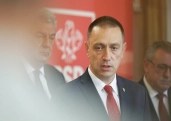
9
PSD's Fifor welcomes President Dan's decision to attend next week's Peace Council meeting
9

18
DefMin Miruta: Romania must not be only a beneficiary of security, but also a provider;we need competitive industry
18

22
HealthMin Rogobete: Regional Oncology Institute in Timisoara must become operational by end of 2028
22

18
Geoana: Transatlantic relation remains essential and unique, but it needs to find a new balance
18

38
Gov't welcomes purchase of Giurgiulesti International Port operator, as it contributes to strengthening Strategic Partnership
38

12
Finance minister says priority remains continuation of budgetary discipline and economy relaunch on sustainable basis
12

29
BrancusiYear/Small table and trovants, story of Constantin Brancusi's lesser-known works
29

18
Fitch affirms Romania at 'BBB minus'; outlook negative
18

14
DefMin Miruta has meetings with European defence industry representatives on Munich conference sidelines
14

15
Figures from real economy show for two years we not well (professor Cristian Paun)
15

17
FEATURE STORY/Daniel Castle in Talisoara features murals of local aristocratic life, similar to today's social-network style
17

11
International Master's programme Inclusion Studies launched by Stefan cel Mare University, two European universities
11

10
Bucharest Stock Exchange closes lower Friday's trading session
10

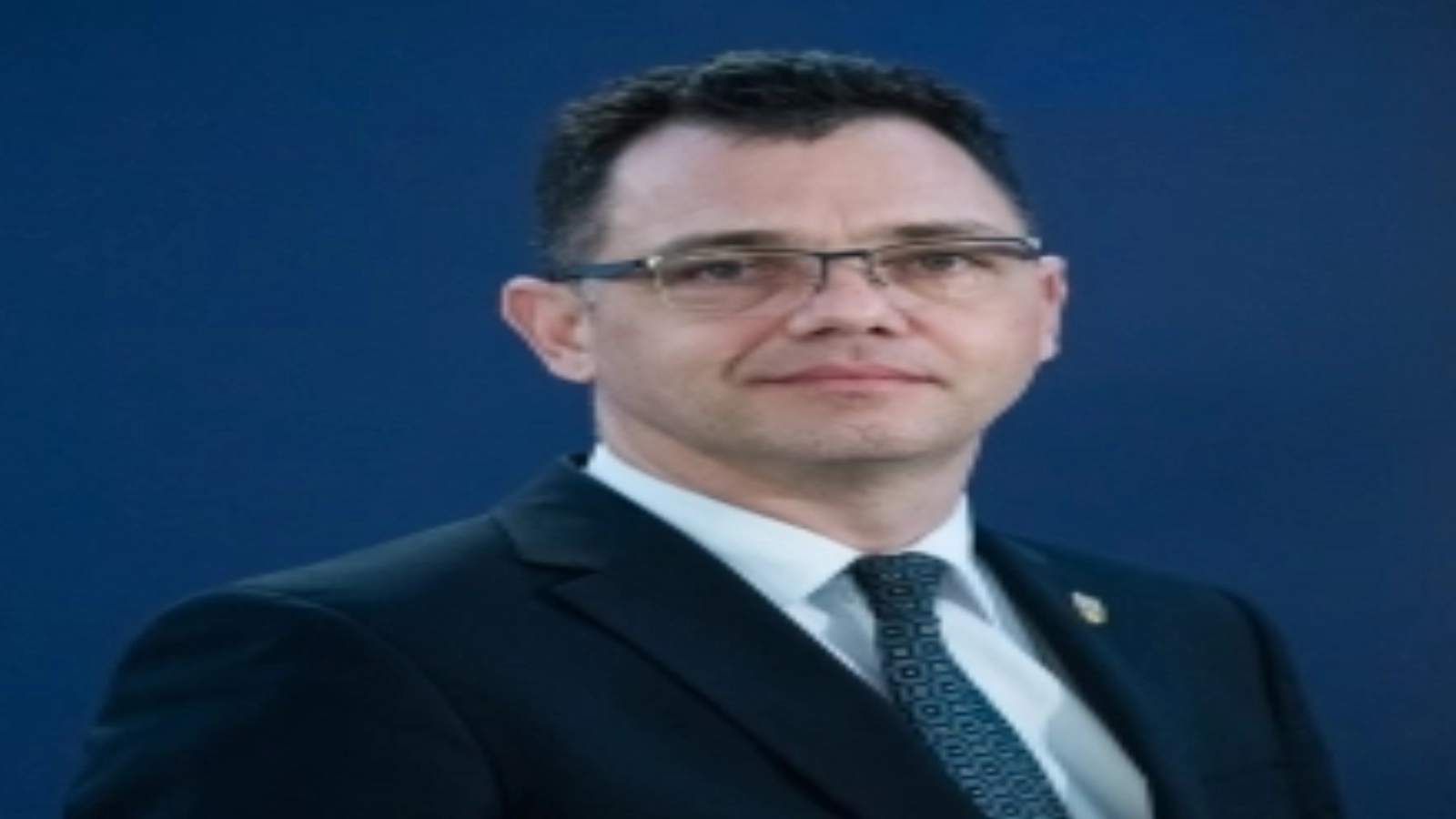

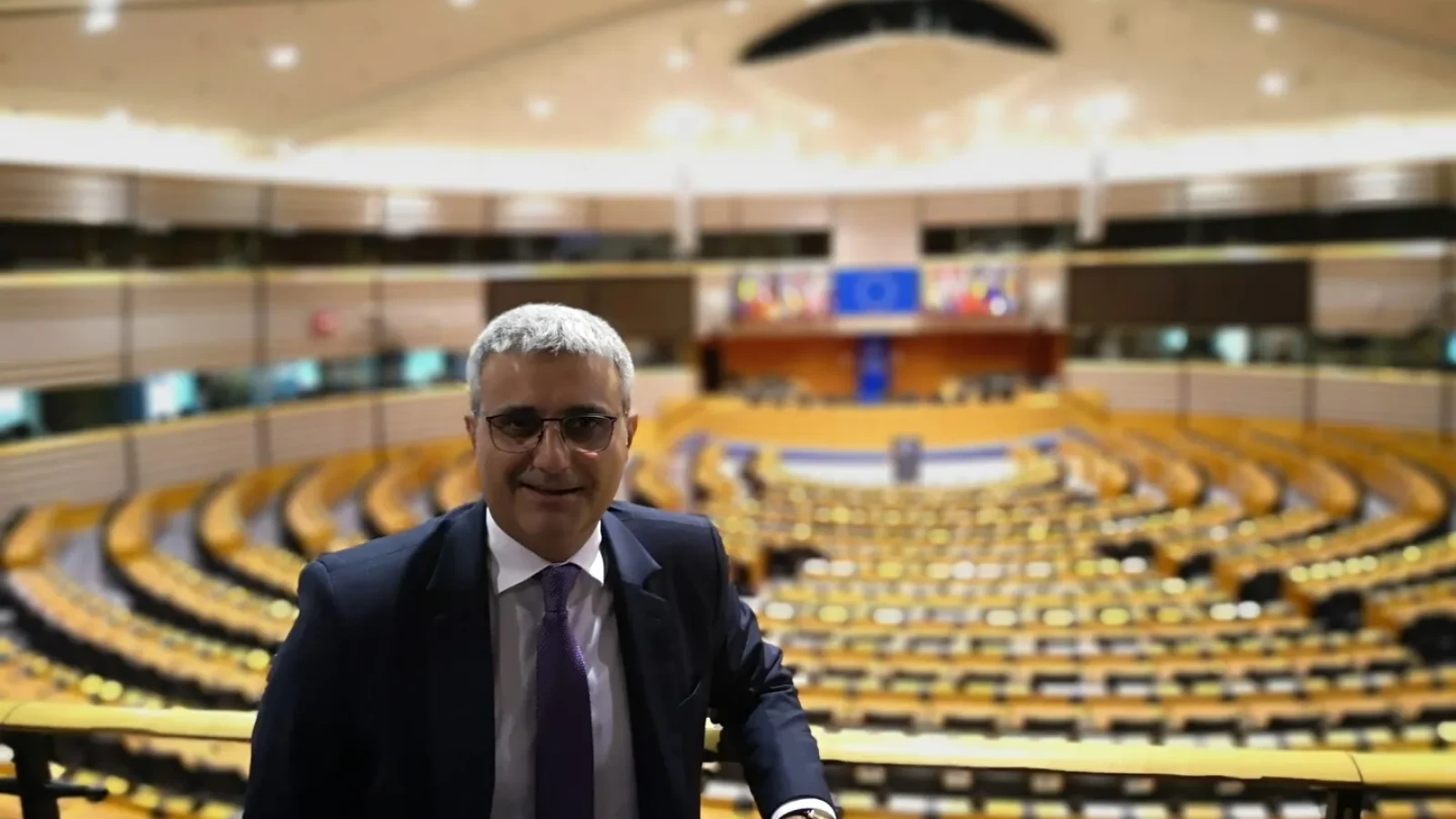
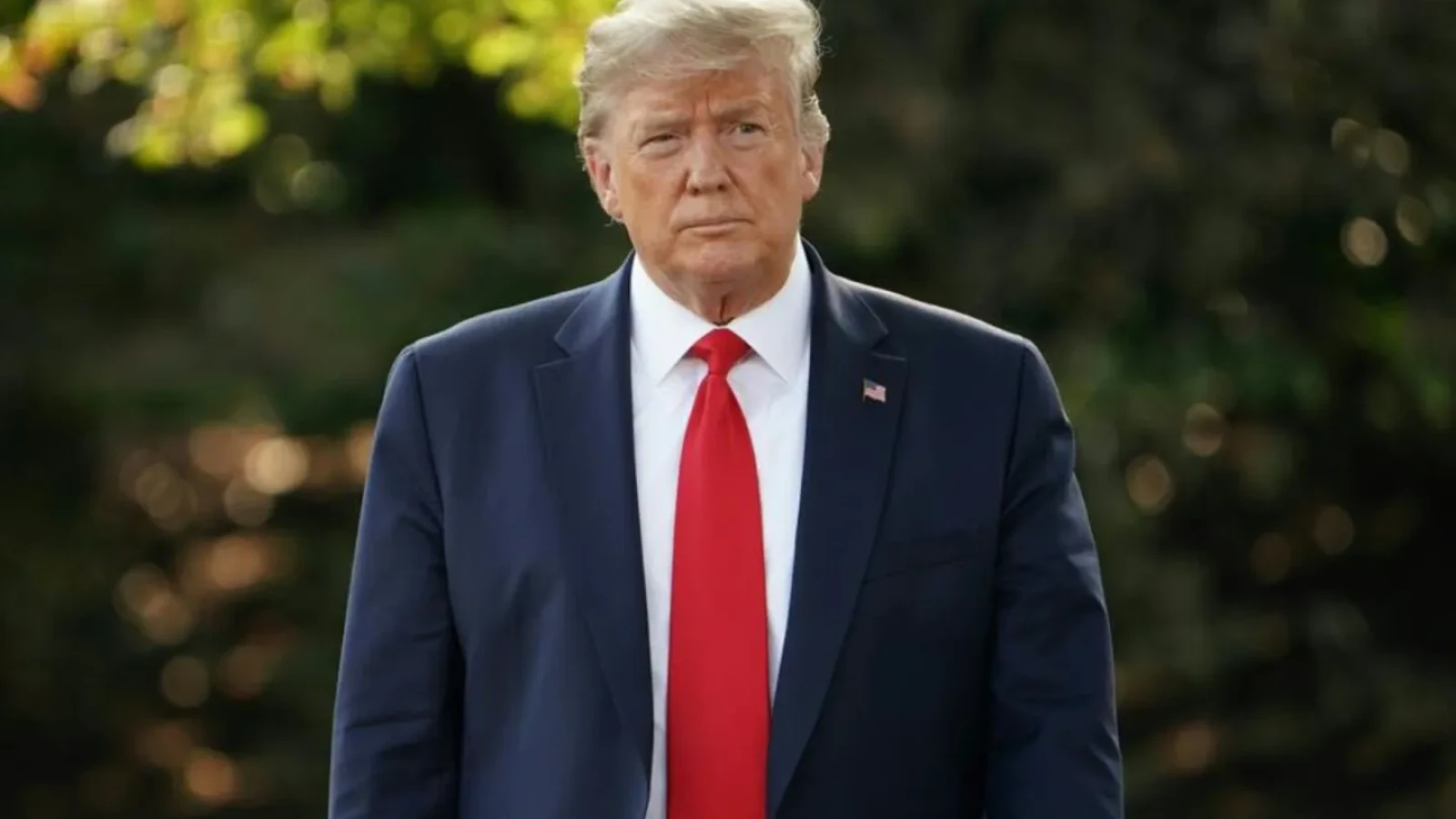



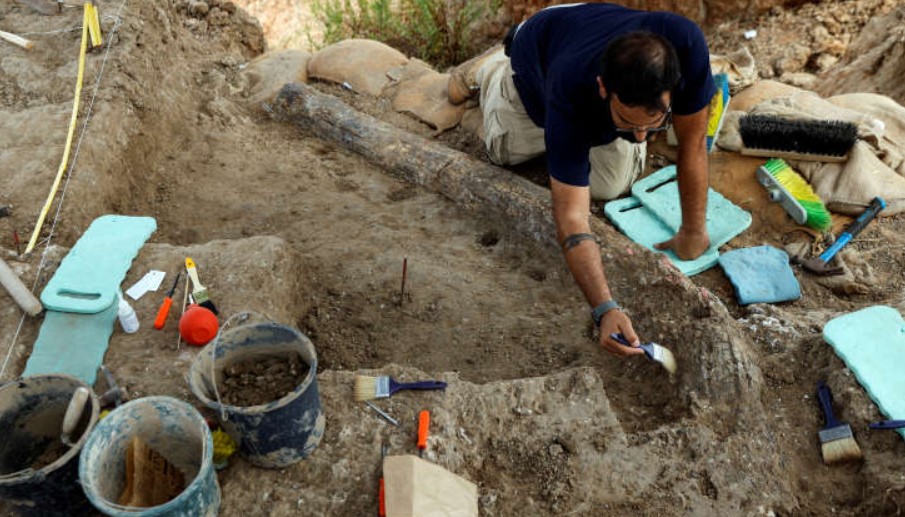










Comentează